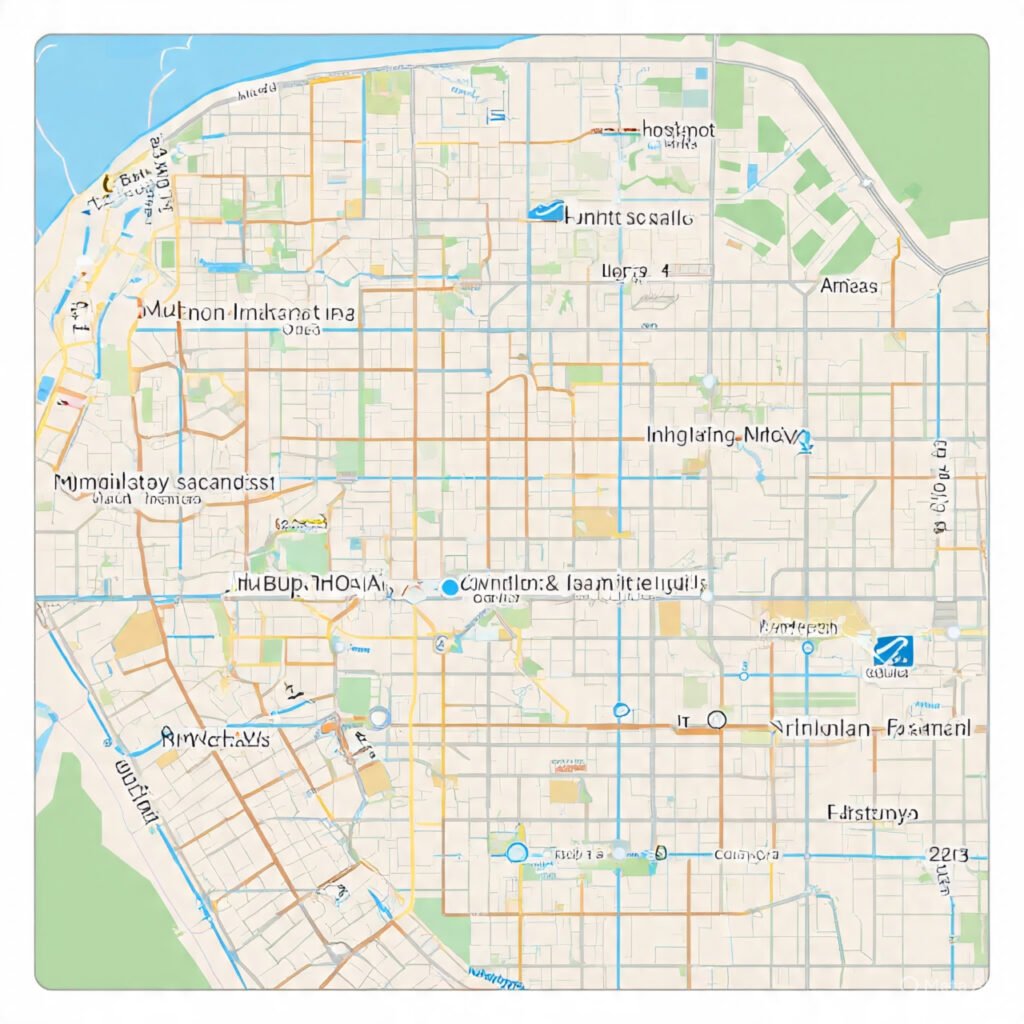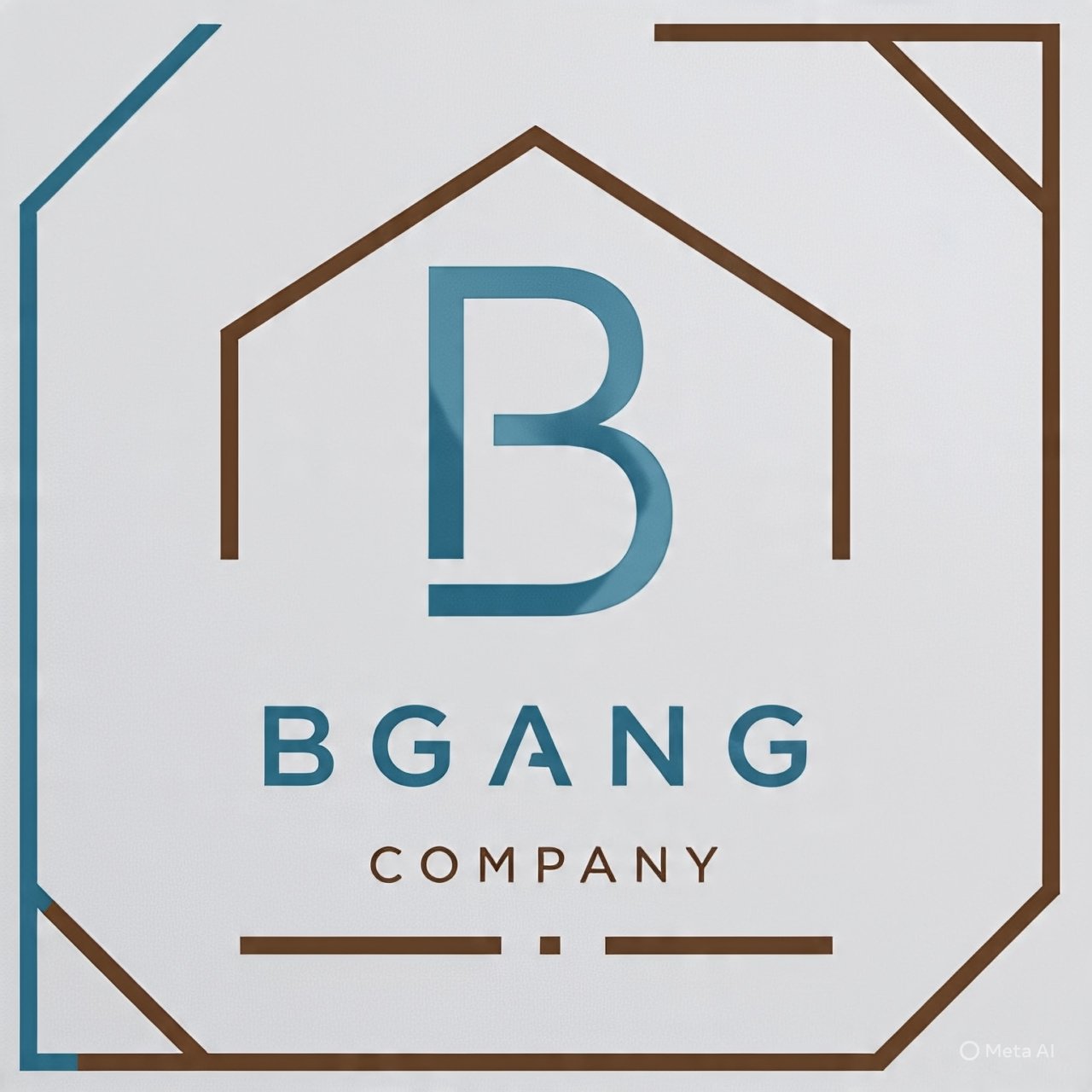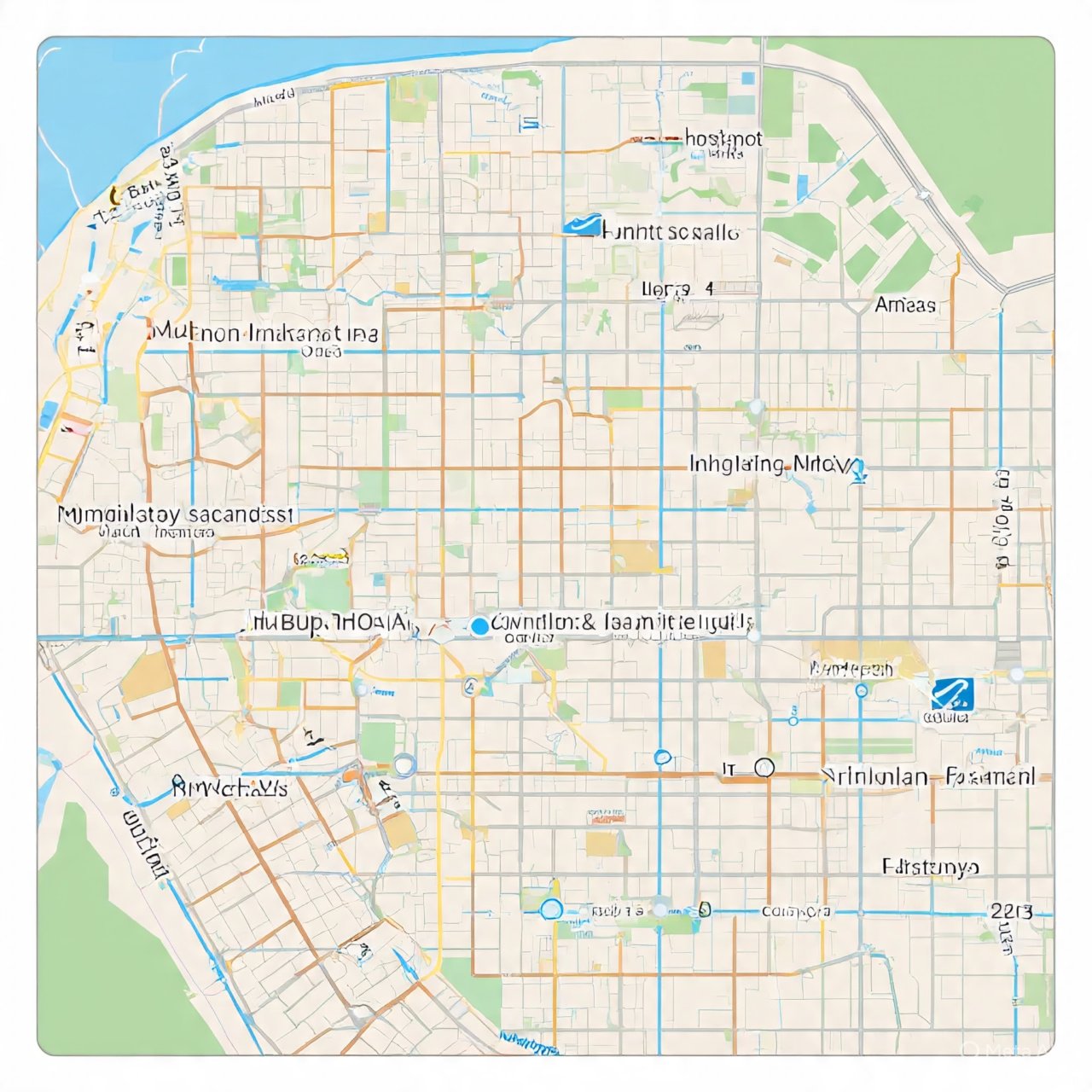1. Rapid Urbanization & Population Growth
- Ibadan is one of Nigeria’s largest cities by population and is experiencing steady growth due to rural-urban migration and natural population increase.
- The demand for affordable housing is expected to rise as more people move to the city for education, employment, and business opportunities.
- Satellite towns such as Oluyole, Akobo, Moniya, Egbeda, and Ojoo are expected to experience increased development as the city expands.
2. Infrastructure Development & Government Policies
- The ongoing Lagos-Ibadan Expressway completion and the proposed Ibadan Rail Mass Transit will improve connectivity, boosting real estate value along these corridors.
- If the Oyo State government implements favourable policies (e.g., land reforms, and tax incentives for developers), the market will attract more investors.
- The Dry Port at Moniya (expected to boost trade) and the Ibadan Inland Port could increase industrial and commercial real estate demand.
3. Rising Demand for Affordable & Middle-Income Housing
- There is a housing deficit in Nigeria, and Ibadan is no exception. Developers focusing on low-cost and middle-income housing will benefit.
- Gated estates in areas like Alakia, Onireke, Jericho, and Challenge are gaining popularity among middle-class families.
- Student housing near the University of Ibadan, Lead City University, and Polytechnic of Ibadan will remain lucrative.
4. Commercial Real Estate Growth
- Ibadan’s growing economy will drive demand for office spaces, retail plazas, and hospitality properties.
- Areas like Bodija, Dugbe, Mokola, and Ring Road will continue to be prime locations for commercial investments.
- Industrial real estate (warehouses, logistics hubs) will grow due to Ibadan’s strategic position as a trade link between Lagos and northern Nigeria.
5. Land Appreciation & Investment Hotspots
- Land prices in emerging areas (e.g., Akobo, Moniya, Oluyole, Egbeda) will appreciate significantly as development spreads.
- Lekan Salami Stadium axis, Eleyele, and Sango are also promising for long-term investors.
- Leasehold & short-let properties (especially for students and corporate workers) will see higher yields.
6. Risks & Challenges
- Land disputes & documentation issues – Oyo State has cases of multiple sales of land; investors must conduct due diligence.
- Infrastructure gaps – Some areas still lack good roads, electricity, and water, affecting property value.
- Economic fluctuations – Inflation, naira devaluation, and interest rates may impact construction costs and ROI.
7. Future Outlook (2024–2034)
✅ High-growth areas: Akobo, Moniya, Oluyole, Alakia, Egbeda
✅ Best investment types: Affordable housing, student hostels, commercial plazas, industrial warehouses
✅ Expected ROI: Land (15–25% annual appreciation), Rental properties (8–12% yield)
✅ Key drivers: Urban expansion, infrastructure projects, population growth
Conclusion
Ibadan’s real estate market presents strong long-term growth potential for investors who focus on strategic locations, affordable housing, and commercial developments. While risks exist, proper due diligence and partnerships with local experts can maximize returns. Over the next decade, early investors in emerging areas will likely see significant capital appreciation and rental income growth.



Leave a Reply